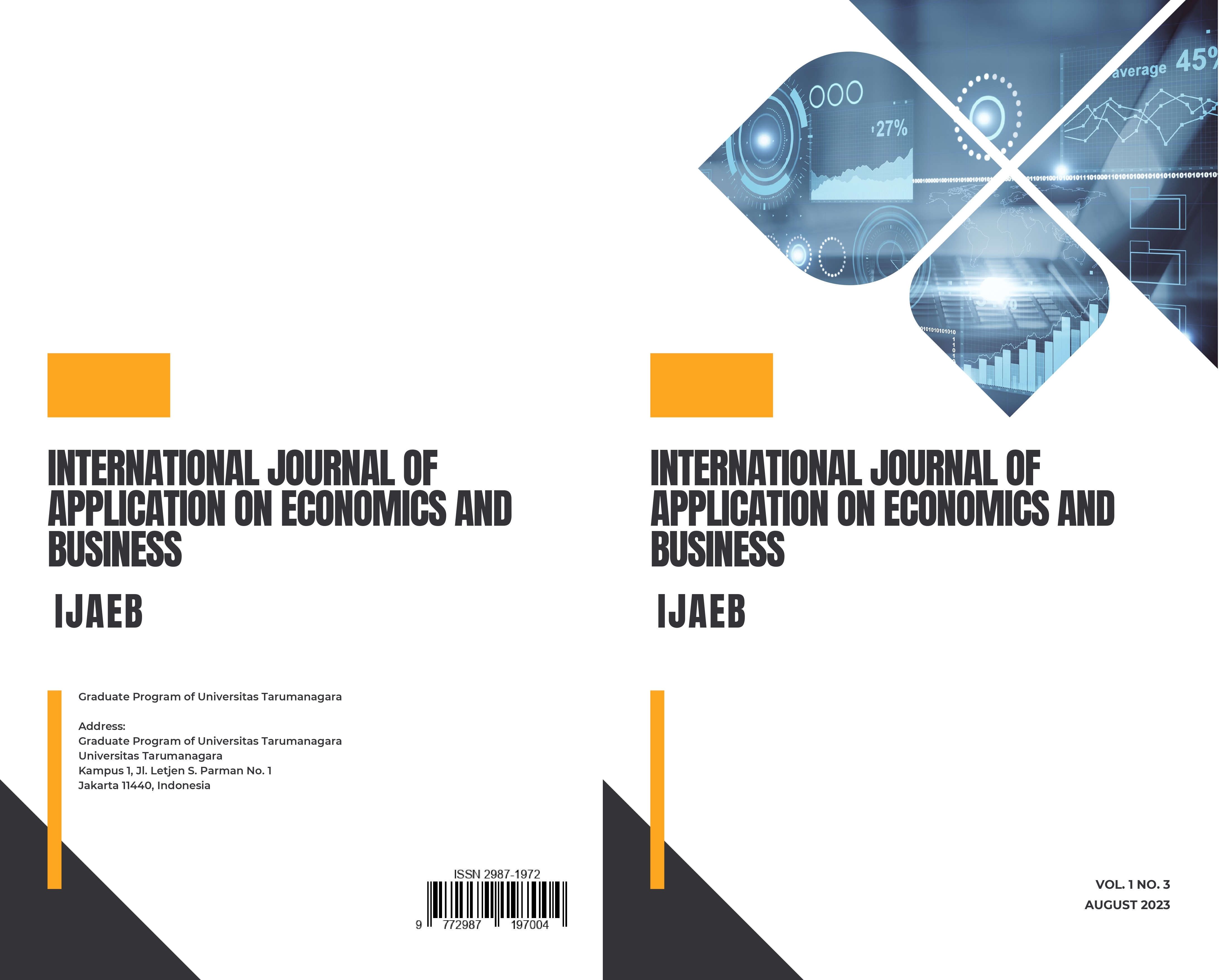EXPLORING THE ENTREPRENEURIAL INTENTION OF GENERATION Y PEOPLE IN THAILAND
Main Article Content
Abstract
The main purpose of this study is to analyse the factors affecting and exploring entrepreneurial intention of generation Y people in Thailand with particular attention to demographics, personal planned behaviours, and contextual factors, those factors will be the key tools that may encourage entrepreneurship. This study based on interview the person who born in 1980 to 1997 called generation Yers. The results showed they have a high expectation of being a self-employee rather that working in a well-known organisation and be able to understand the idea how these young entrepreneurs identify business opportunities and overcome challenges through self-attitudes toward unforeseen failure in business. Yers believe that they are the huge wave of movement to challenge and develop a globalisation throughout creativity and innovation. This study also shown the result of relationship among demographics, personal planned behaviours, and other contextual details that are the main key tools were the determinants of Thai entrepreneurial intention.
Article Details

This work is licensed under a Creative Commons Attribution-NonCommercial-ShareAlike 4.0 International License.
This journal provides immediate open access to its content on the principle that making research freely available to the public supports a greater global exchange of knowledge.
IJAEB by Graduate Program of Universitas Tarumanagara is licensed under a Creative Commons Attribution-NonCommercial-ShareAlike 4.0 International License.. Permissions beyond the scope of this license may be available at https://journal.untar.ac.id/index.php/ijaeb
References
Turker, D., & Sonmez Selçuk, S. (2009). Which factors affect entrepreneurial intention of university students? Journal of European industrial training, 33(2), 142-159.
Thansettakij Multimedia. (2017), Date of access: 2018. http://www.thansettakij.com/ content/234315
Ismail, K., Anuar, M. A., Omar, W. W., Aziz, A. A., Seohod, K., & Akhtar, C. S. (2015). Entrepreneurial intention, entrepreneurial orientation of faculty and students towards commercialization. Procedia-Social and Behavioral Sciences, 181, 349-355.
Bitros, G. (2005). Scale, scope and entrepreneurship. In Entrepreneurship in Theory and History (pp. 61-76). Palgrave Macmillan, London.
Carayannis, E. G., Samara, E. T., & Bakouros, Y. L. (2015). Innovation and entrepreneurship: theory, policy and practice. Springer.
Ajzen, I. (2002). Perceived behavioral control, self-efficacy, locus of control, and the theory of planned behavior 1. Journal of applied social psychology, 32(4), 665-683.
Krueger, N., Reilly, M., & Carsrud, A. (2000). Competing models of entrepreneurial intentions. Journal of Business Venturing, 15(5–6), 411–432.
Kolvereid, L., & Isaksen, E. (2006). New business start-up and subsequent entry into self employment. Journal of Business Venturing, 21(6), 866–885.
Tkachev, A., & Kolvereid, L. (1999). Self-employment intentions among Russian students. Entrepreneurship & Regional Development, 11(3), 269-280.
Indarti, N., & Rostiani, R. (2008). Intensi kewirausahaan mahasiswa: Studi perbandingan antara Indonesia, Jepang dan Norwegia. Journal of Indonesian Economy and Business, 23(4), 369-384.
Schmitt-Rodermund, E. (2004). Pathways to successful entrepreneurship: Parenting, personality, early entrepreneurial competence, and interests. Journal of vocational behavior, 65(3), 498-518.
Kristiansen, S., & Indarti, N. (2004). Entrepreneurial intention among Indonesian and Norwegian students. Journal of Enterprising Culture, 12(01), 55-78.
Kolvereid, L. (1996). Prediction of employment status choice intentions. Entrepreneurship Theory and practice, 21(1), 47-58.
Krueger, N. F., & Carsrud, A. L. (1993). Entrepreneurial intentions: applying the theory of planned behaviour. Entrepreneurship & Regional Development, 5(4), 315-330.
Kolvereid, L. (1996). Prediction of employment status choice intentions. Entrepreneurship Theory and practice, 21(1), 47-58.
Kolvereid, L., & Isaksen, E. (2006). New business start-up and subsequent entry into self-employment. Journal of Business Venturing, 21(6), 866–885.
Ajzen, I. (1991). The theory of planned behavior. Organizational behavior and human decision processes, 50(2), 179-211.
Taha, K. A. S., Ramlan, S. N., & Noor, I. M. (2017). The Factors Affecting Entrepreneurial Intentions of University Students in Malaysia. International Journal of Business and Technopreneurship, 7(2), 189-202.
Ajzen, I. (1985). From intentions to actions: A theory of planned behavior. In Action control (pp. 11-39). Springer, Berlin, Heidelberg.
Ajzen, I., & Fishbein, M. (2005). The influence of attitudes on behavior. The handbook of attitudes, 173(221), 31.
Gurbuz, G., & Aykol, S. (2008). Entrepreneurial intentions of young educated public in Turkey. Journal of Global Strategic Management, 4(1), 47-56.
Kristiansen, S., & Indarti, N. (2004). Entrepreneurial intention among Indonesian and Norwegian students. Journal of Enterprising Culture, 12(01), 55-78.
Ajzen, I. (1991). The theory of planned behavior. Organizational behavior and human decision processes, 50(2), 179-211.
Kristiansen, S., & Indarti, N. (2004). Entrepreneurial intention among Indonesian and Norwegian students. Journal of Enterprising Culture, 12(01), 55-78.
Kolvereid, L. (1996). Prediction of employment status choice intentions. Entrepreneurship Theory and practice, 21(1), 47-58.
Kristiansen, S., & Indarti, N. (2004). Entrepreneurial intention among Indonesian and Norwegian students. Journal of Enterprising Culture, 12(01), 55-78.
Cannell, C. F., & Kahn, R. L. (1968). Interviewing. The handbook of social psychology, 2, 526- 595.
Boyce, C., & Neale, P. (2006). Conducting in-depth interviews: A guide for designing and conducting in-depth interviews for evaluation input.
Corporate Directions, Inc. Asia Business Unit. (2016) Date of access: 2018. http://cdiasiabusiness.com/en/library/detail.html?p=299



